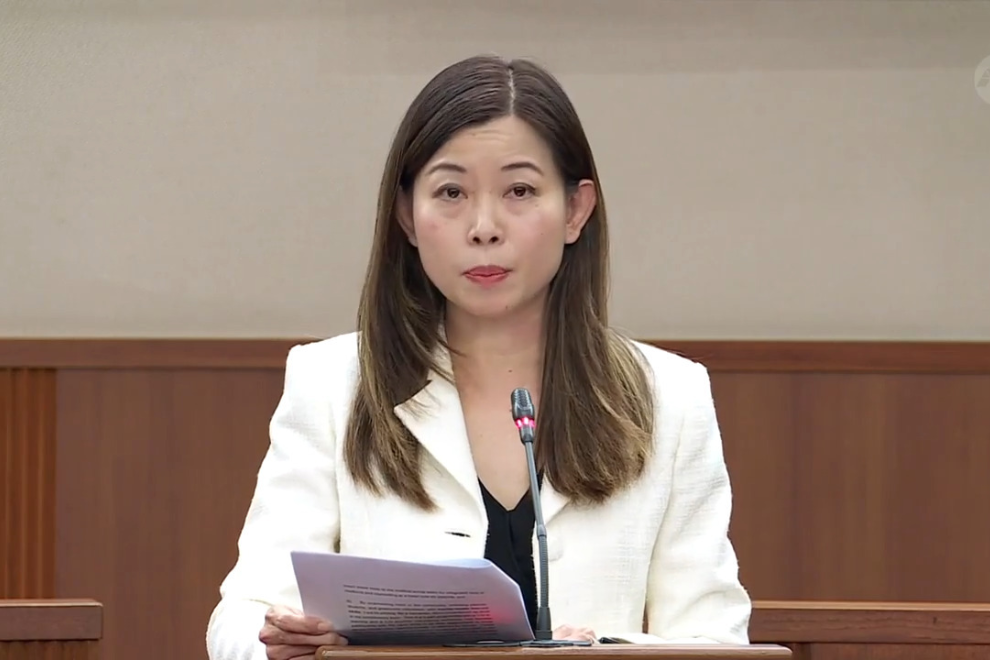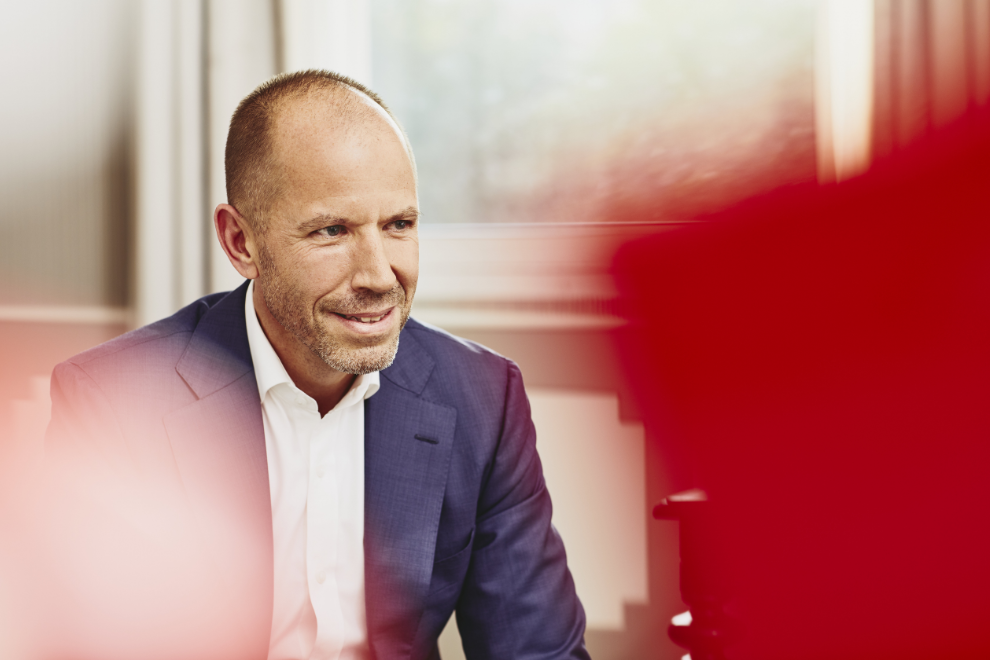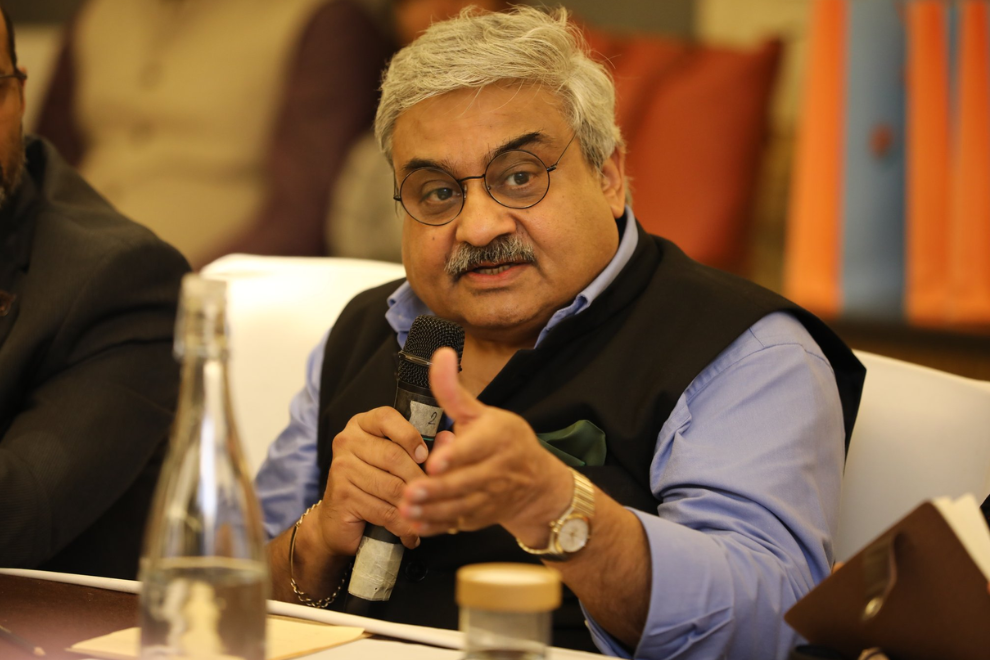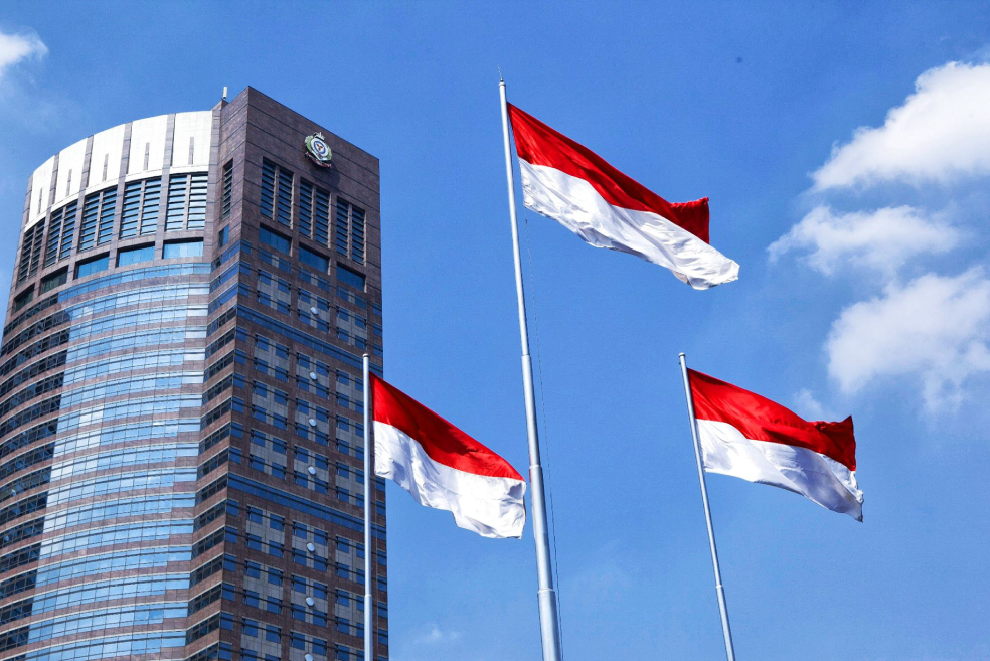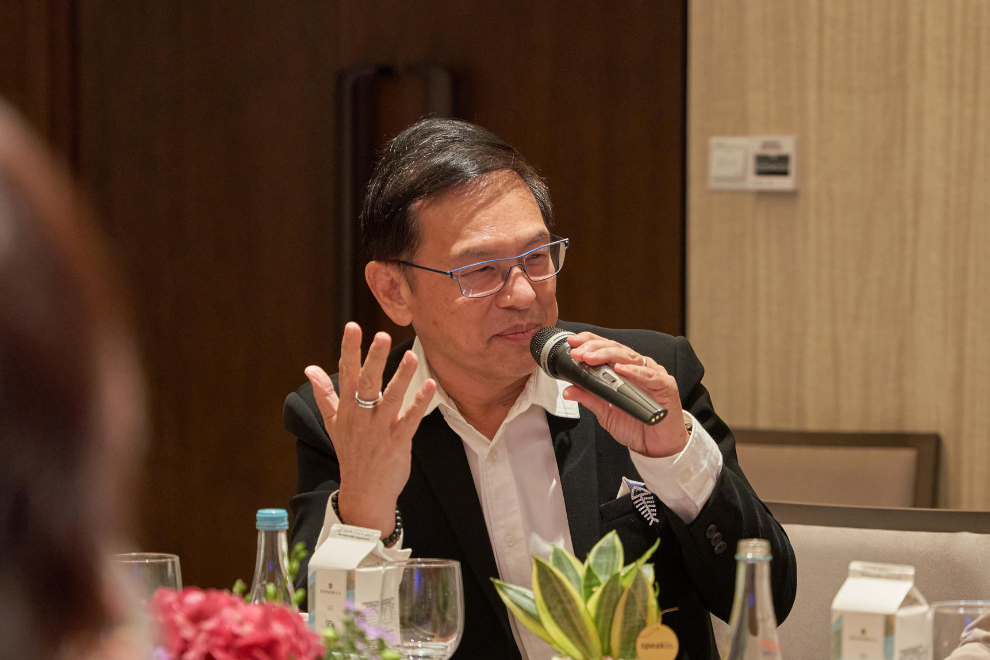Asia Dialogues
India - Singapore 60th Diplomatic Ties
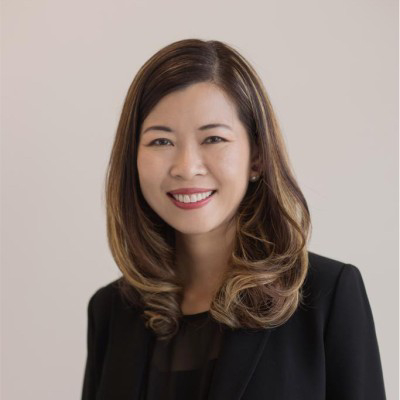
Ling Ling Ng
Managing Director, Tower Capital Asia
India–Singapore relations and mutual influences have continually strengthened over the last six decades—from government-to-government, business-to-business, and, more deeply, at the people-to-people level.
Our bilateral ties extend across political, defence, and economic partnerships to cultural, social, and family relationships. The firm foundation of cooperation, kinship, and friendship between the people of both countries over the years has enabled joint progress in innovation in science, technology, engineering, and medicine, as well as in softer social developmental work, which I have been involved in for decades.
As someone who has worked in social development, served as a Member of Parliament, and witnessed the evolution of our multi-racial society, I’ve seen firsthand how the bond between our nations is anchored in mutual respect and common dreams.
A Personal Story: My Mother’s Journey
Friends who know me well will know that the most influential figure who shaped my formative character is my stoic mother. A traditional, hardworking Chinese woman, she was a first-generation immigrant who came to Singapore in the early 1960s.
Singapore had just emerged as an independent nation, a small country not yet as affluent as today, where resources were stretched. As a foreigner, my mother quickly had to choose between her education and that of her younger brothers, as foreign student fees were a struggle for my grandparents.
She chose to support her brothers and started working in her early teens.
My mother became a domestic help in a wealthy Indian family, who provided her accommodation and opportunities to learn cleaning and cooking very well. She seems to have only fond memories of those years in the Indian household, where she learned housekeeping skills until she met my father, married, and became a housewife.
If there were a national award for the most capable housewife with the best culinary skills in cooking ethnic dishes like curries, I would nominate my mother.
That an Indian family, themselves from generations of early immigrants, gave my mother a place to hone her skills and thrive despite life’s circumstances has made me appreciate Indians in our multiracial Singapore deeply.
A Mentor, A Turning Point
Years later, when I left the finance world to follow my heart for community-oriented work and pursue a more meaningful career in social impact, I found myself working as a director in a government agency overseeing charities. By 2012, the social service landscape was becoming increasingly complex, and I was beginning to feel worn down by the struggle for resources and the lack of data-driven solutions.
It was then that the President of our Board assigned me to collaborate with a global consulting firm on a strategic review. Leading that team was the Singapore Managing Partner, a first-generation migrant from India who had come to Singapore with his wife to pursue an MBA and stayed to rise through the ranks.
From framing complex problems we confronted, to turning data points and internal benchmarks into clear strategies to uplift Singapore’s social service sector, I got a steep learning boost with a best-in-class strategic thinking process.
That experience significantly added to my repertoire of skills to think beyond apparent complexities, frame issues, and formulate solutions. It also sparked a lasting friendship with my Indian mentor, who continues to sharpen my thinking to this day.
Lessons from the Ground: Serving as MP
From 2020 to 2025, I had the honour of serving as a Member of Parliament. My constituency was a microcosm of Singapore, diverse, dynamic, and tightly knit.
A typical week would involve visiting residents in my constituency, consisting of several public HDB and private housing estates.
What was interesting for me was that I would continually meet with Indian residents who had been here for generations, having built careers and families, as well as recent arrivals with young families.
On morning visits, I was welcomed into their homes with hot buttery thosai. On sweltering afternoons, someone would hand me a cool glass of lassi. The constituency was also well-known for having some of the best and most enduring Indian roti-prata eateries.
Indian residents treated me with respect and support and shared their culture freely. Grassroots volunteers taught me how to fold a saree, and I learned the significance of Pongal and Deepavali. Young Indian students helped with community appeals and outreach. Together, they formed a vibrant part of my wider multiracial community family—one that lifted and supported me during my service.
Culture, Cinema, and Shared Celebration
As a Chinese Singaporean, I find deep resonance in Indian culture. We both cherish family and community, prioritise education, and possess an enduring drive to work hard and excel.
What I particularly admire about Indian culture is its vibrancy and expressiveness. Indians are confident, passionate about what they believe in, and their gentle sparring and playful bantering helped me open up more as a person.
I’m also an avid fan of Bollywood movies. Three Idiots is among my favourites. I love their unique style of storytelling and the bouquet of human emotions they evoke with their cinema. I marvel at how seamlessly they can integrate even traditional song and dance forms into modern storylines. I think it’s a wonderful illustration of how a country can preserve and celebrate its heritage while embracing modernity.
And there’s yoga, something I now practice daily. It brings clarity, calm, and a quiet strength that grounds me.
At our core, what truly unites us is our shared humanity. One of the most touching reminders of this came from my son when he was just five.
One day, he came home from kindergarten, excitedly telling me that he had discovered why his friend had the most gorgeous, long, curly eyelashes. "It’s because he is Indian," he said.
That moment stayed with me. It reminded me that children are naturally race-blind. The labels and divisions we carry as adults are learned, not intrinsic. And if they are learned, they can be unlearned. We have the power to see each other not as different, but as fellow human beings, connected by compassion, aspiration, and endless possibilities.
A Future of Shared Purpose
The celebration of 60 years of diplomatic ties between India and Singapore is more than a testament to mutual respect and collaboration between two thriving nations. It is an intricate tapestry of lives entwined and woven together over the decades to form a beautiful and enduring fabric of shared memories, relationships, and dreams of continued growth and progress for people in both our beloved countries.

Managing Director, Tower Capital Asia
Leading brands who have partnered with us.
Latest updates, insights, and highlights from our leadership community

